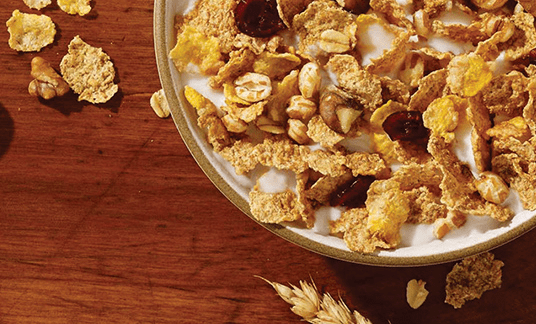Kellogg, Unilever and Sysco have taken measures against pesticides in their manufacturing policies and product information.
Overall, large processed food companies have taken actions to assess the extent to which their supply chains depend on synthetic pesticides.
Other companies have gone further to reduce the use of pesticides.
Kellogg and other companies
Companies are reacting more and more as consumers look for more food products they trust to be healthy, natural, sustainable, and safe to eat.
Kellogg surveys its suppliers on the use of synthetic pesticides through its Grower Survey tool.
For its part, Unilever phased out WHO Class 1 pesticides for tea production and intends to phase out Class 2 pesticides by 2020.
While Sysco’s Integrated Pest Management Program reports on the amount of pesticides avoided, ice cream brand Ben and Jerry has pledged to ban pre-harvest glyphosate use throughout its supply chain by 2020.
Lastly, General Mills recently announced a project to promote regenerative agricultural practices that improve the soil and can significantly decrease the use of pesticides.
Risks
According to Kellogg, the sale of food products involves a number of legal and other risks, including product contamination, foodborne illness, spoilage, product alteration, allergens, or other adulteration.

Food companies may also be liable if the consumption of any of their products causes injury, illness or death.
A widespread recall or recall could result in significant losses due to cost, destruction of product inventory, and loss of sales due to unavailability of the product over a period of time.
As part of its risks, Kellogg claims that adverse publicity about these kinds of concerns, whether valid or not, can discourage consumers from buying products. According to the company, it can also cause interruptions in production and delivery.

